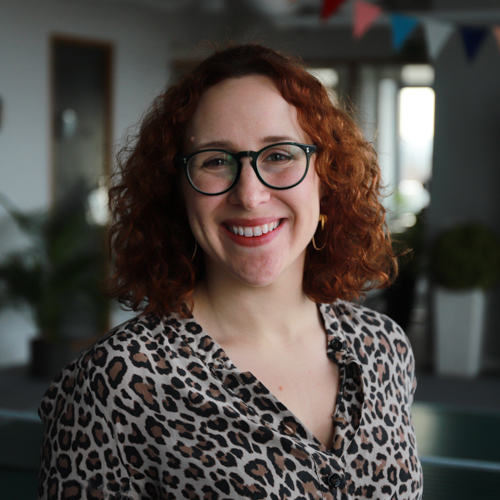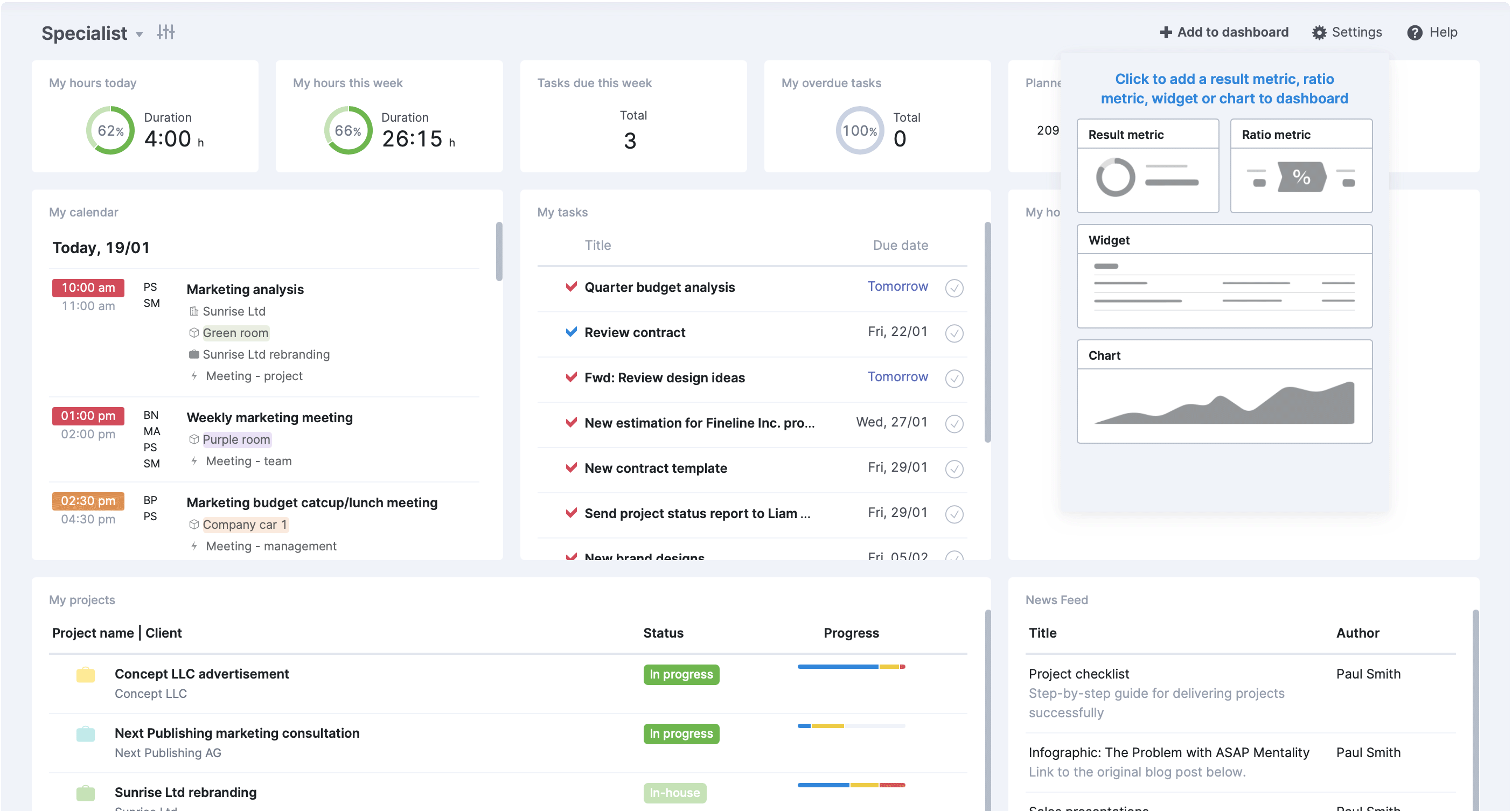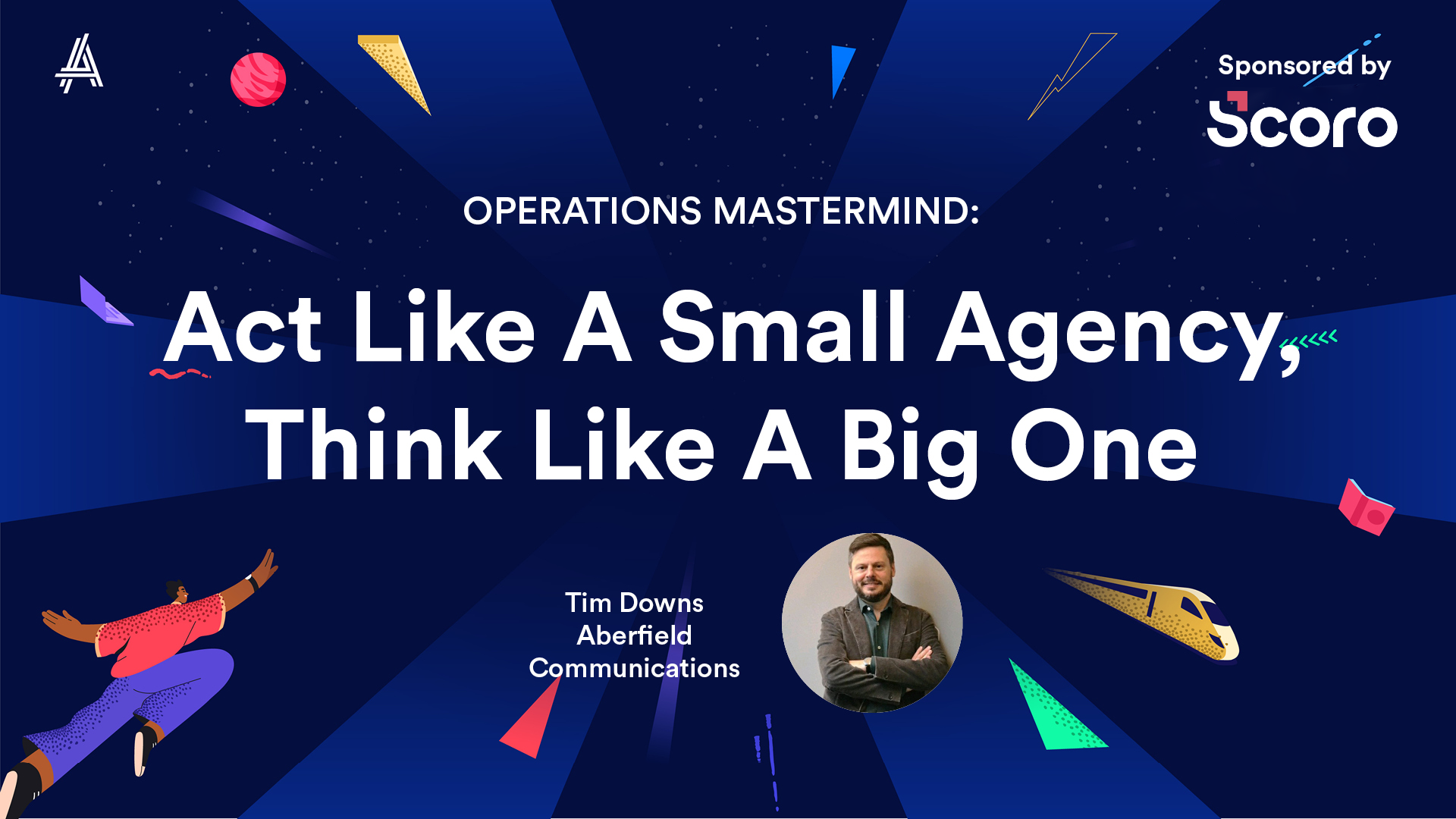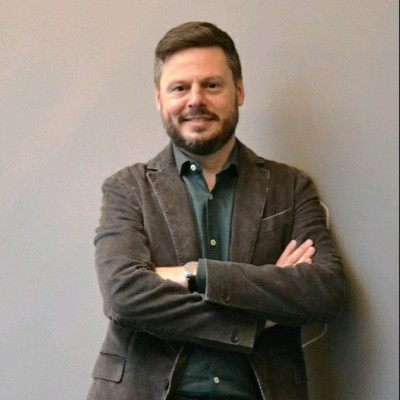
Every agency leader dreads the day they have to start documenting how and why their agency does things. Often, documentation is only done when it becomes urgently necessary.
But Tim Downs, director at Aberfield Communications, stresses the importance of getting this sussed out while your agency is still small.
“What we’re trying to do is maintain what it is that makes a small agency special, while making sure that everything that large agencies need to run smoothly is in place right from the start,” he says.
For example, Aberfield now has a human slavery policy in place – even though they don’t fit the criteria to need one.
“It’s about making sure that all of that corporate governance is in place. So if we’re working with larger companies, they can feel reassured that they’re working with a responsible employer, which is becoming an increasingly important part of procurement.”
The biggest hurdle, though, is getting your staff on board with the change.
To get the team invested, Tim and his co-directors mapped out clear progression paths for each role within the business, with all personal targets linking back to the overall goals of the agency.
“Today’s employees want clear expectations – what is expected of them to fulfil their role, but also what they need to do to progress,” he says.
“So we’re making sure that the right frameworks are in place so our people have that clarity of role, clarity of how they’re contributing to the success of the business and can see how their improvements are supporting the business achieving its goals.”
This then encourages a commercial mindset – which not only helps the business they’re working in but also the businesses they’re working for.
“Far too often, people deliver their jobs in isolation and don’t understand what role they’re playing. Whereas, our team can appreciate the pressures that our clients are under, so they can empathise a little bit more with the client – they can talk more commercially with the client. And that tends to therefore build better relationships.”
In this session, Tim will take us through his three-pronged, three-year plan to set up his small agency as a mighty one. He’ll share what they did and when, why they did it, and the impact this has had on the business, the team and the agency’s clients.
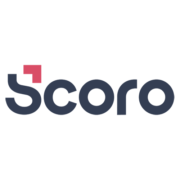
This event is sponsored by Scoro.
Scoro is an end-to-end work management platform designed to help agencies streamline their workflows, deliver consistently and boost profitability as a result.
By linking your quoting, projects, and billing in Scoro, you can go from quote to cash in one platform – while seeing exactly how each stage impacts your profitability in real-time.
Get started for free. No credit card required.
